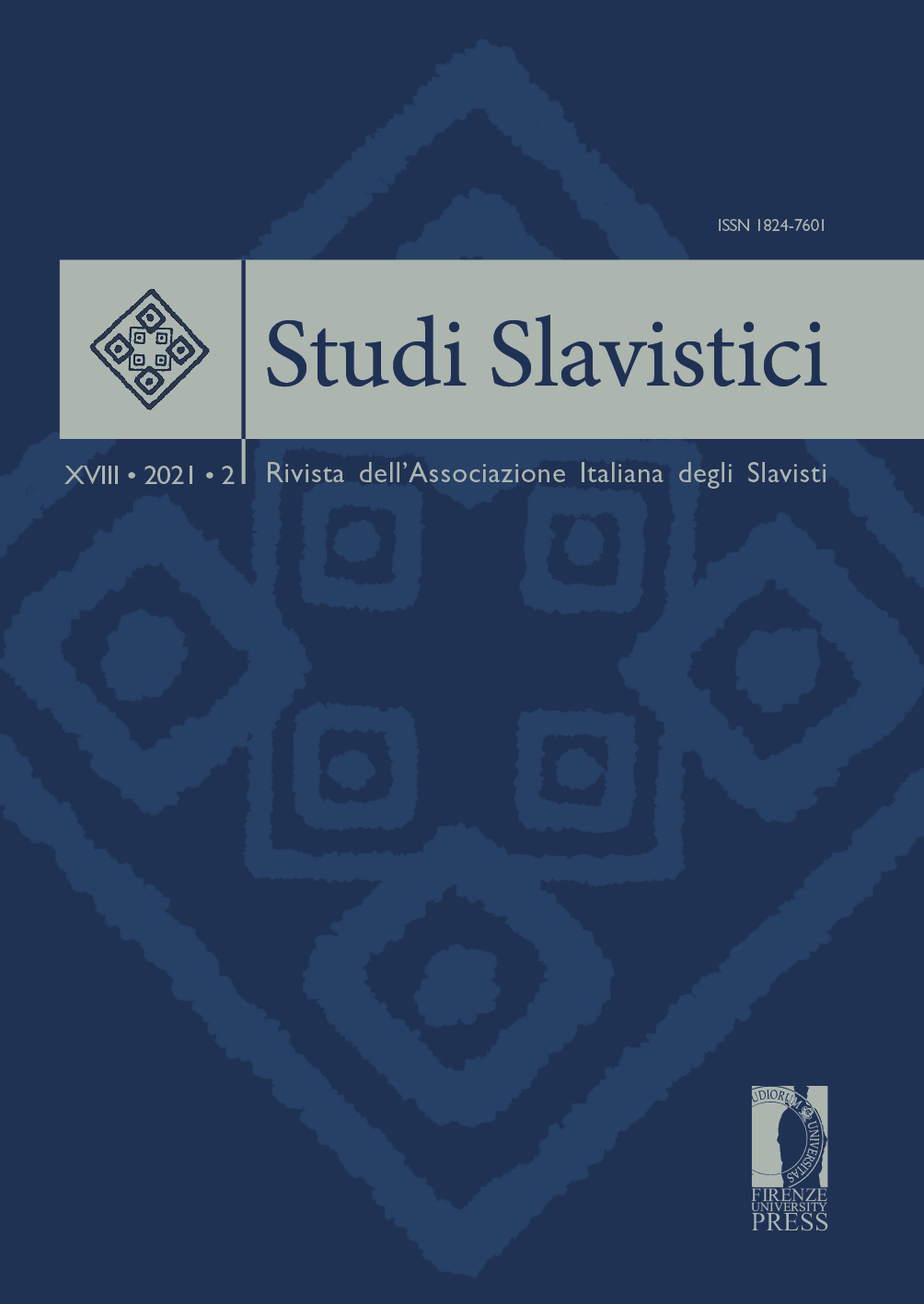Boris Uspenskij (PhD, DLitt, Moscow University) is professor and director of the Laboratory of Linguistic and Semiotic Studies at the National Research University "Higher School of Economics", formerly professor of the Moscow State University (1997–1992) and the Naples Oriental University (1993–2009). His research interests include the history of the Russian language and culture, Russian history, the history of the Russian Church, the Russian anthroponymy as well as Russian icon-painting. His publications in Russian include such books as Towards a History of Church-Slavonic Proper Names in Russia (1969), Poetics of Composition (1970), The First Russian Grammar in the Native Language (1975), Philological Investigation of Slavic Antiquities (1982), Towards a History of the Russian Literary Language of XVIII - early XIX centuries (1985), The History of the Russian Literary Language (XI - XVII centuries) (2002), Tsar and Patriarch (1998), Boris and Gleb: The Perception of History in Old Rus’ (1998), Part and Whole in Russian Grammar (2004), Cross and Circle: From the History of the Christian Symbolism (2006), Ego loquens: Language and Communicational Space (2007), Works on Trediakovskij (2008), Monastic Names in Russia (2017; with Fjodor Uspenskij). He is also the author of The Semiotics of the Russian Icon (1976), "Tsar and God" and Other Essays in Russian Cultural Semiotics (2012; with Victor Zhivov), Storia e semiotica (1988), Storia della lingua letteraria russa: Dall’antica Rus’ a Puškin (1993), In regem unxit: Unzione al trono e semantica dei titoli del sovrano (2001), Il segno della croce e lo spazio sacro: Perché gli ortodossi si fanno il segno della croce da destra a sinistra, mentre i cattolici da sinistra a destra? (2005). He is a member of Academia Europaea and some other learned societies.


